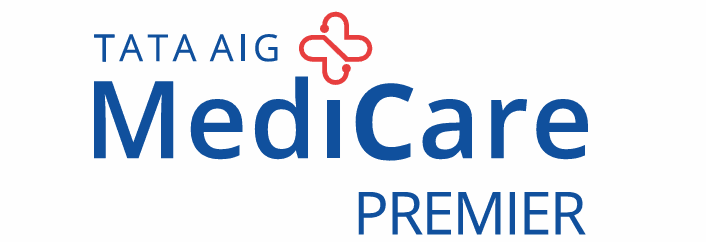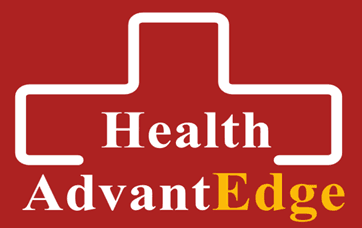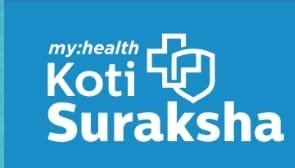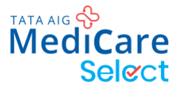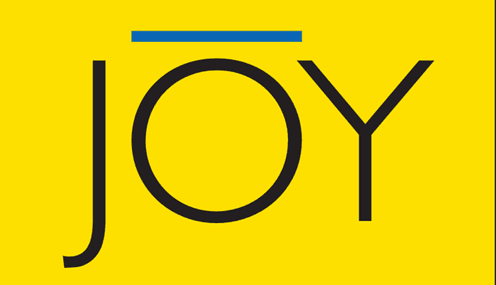Protect your family's health journey with the right coverage. Get a personalized quote today.
Image by freepik
Health insurance is a vital safeguard against the rising costs of healthcare and the growing number of health issues, for a number of reasons.
Your health insurance promotes access to quality care, encourages preventive measures, and provides peace of mind for you and your family. Investing in health insurance is a proactive step towards a healthier future. Health insurance is essential in today’s world due to rising healthcare costs and the increasing prevalence of diseases. Here are some key reasons why having health insurance is important.
1. Rising Medical Costs: Healthcare expenses have been steadily increasing. A hospital stay, surgery, or even regular check-ups can lead to significant financial burdens without insurance. Health insurance helps cover these costs, ensuring you receive necessary medical care without facing overwhelming bills.
2. Increased Health Risks: With lifestyle changes, pollution, and stress, the incidence of chronic diseases like diabetes, heart disease, and respiratory issues is on the rise. Health insurance provides financial protection against the costs associated with treating these conditions, allowing you to focus on recovery rather than worrying about expenses.
3. Access to Quality Healthcare: Health insurance gives you access to a network of hospitals and healthcare providers. This means you can receive timely and quality medical care when you need it most, without delays or compromises.
4. Preventive Care: Many health insurance plans cover preventive services, such as vaccinations, screenings, and annual check-ups. These services help detect health issues early, leading to better outcomes and potentially lower treatment costs.
5. Peace of Mind: Knowing that you and your family are protected against unexpected medical expenses provides peace of mind. You can focus on your health and well-being, rather than worrying about how to pay for medical care in emergencies.
6. Family Protection: Health insurance is not just about individual coverage; it also protects your family. Having a comprehensive health plan ensures that all family members receive necessary medical care without financial strain.
7. Future Preparedness: With medical and health care technology advancements, advanced and modern life-saving treatments, minimum invasive surgeries, therapies, etc. health care can become more expensive. Health insurance prepares you for future health care needs, ensuring you can access the best possible care without financial hardships.
Important features of a Health Insurance
- Medical Expense Protection
- Hospitalisation costs
- Surgical procedures
- Doctor consultation fees
- Diagnostic tests and treatments
• Cashless treatment options
• Reimbursement for medical expenses
• Coverage for pre-and post-hospitalization expenses upto 180 days.
• Tax benefits under applicable laws
• Individual health plans
• Family health insurance plans
• Senior citizen health insurance
• Critical illness coverage
• No-claim bonus
• Wellness programs
• Customizable plans
• Emergency medical evacuation
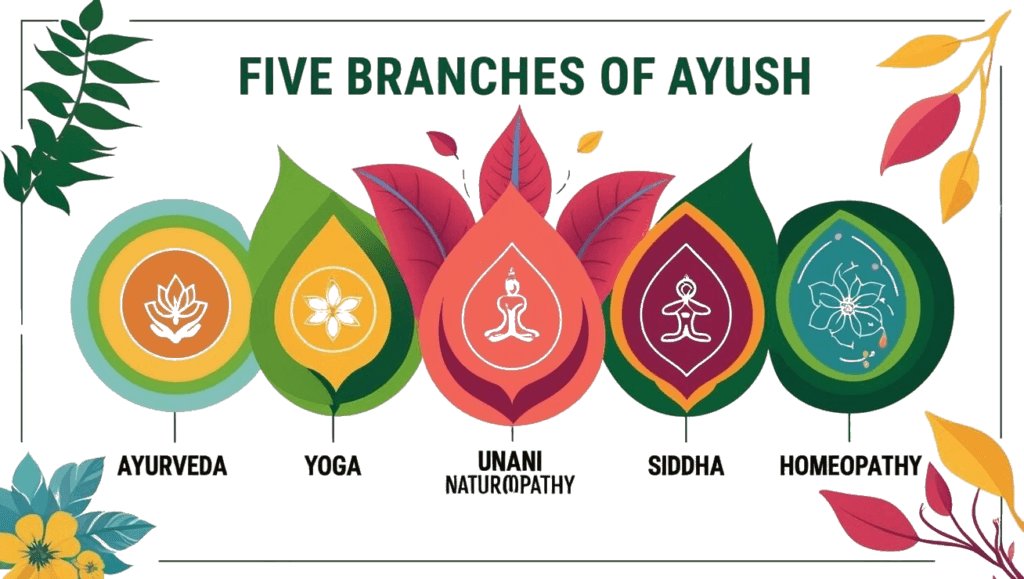
Now get a policy that covers AYUSH treatments too.
Cashless Network Hospitals

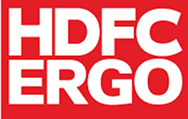

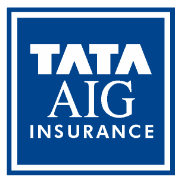
Common Exclusions Under Health Insurance Policies
Medical conditions that existed before the policy effective date is usually not covered under a regular health policy, and has a specific waiting period. However, opting to special plans, and add-ons can cover from the first policy year.
Treatments aimed mainly at improving appearance, such as facelifts, plastic surgeries are not covered, unless it is a part of a treatment due to burns, accidents, and approved by a doctor in charge.
Procedures or medications that are considered experimental or investigational are often not covered.
Most health insurance policies do not cover dental or vision care, including exams, cleanings, and corrective lenses.
Treatments such as acupuncture, chiropractic care, or homeopathy may not be included in your coverage. Know it, before you buy. There are health plans that cover AYUSH treatment s too.
Injuries resulting from suicidal attempts or self-harm are typically excluded from coverage.
Any injuries sustained while participating in illegal activities are not covered.
Treatments for drug or alcohol abuse may not be fully covered, particularly for repeat offence.
It’s crucial to carefully understand the exclusions that apply, review your health insurance policy if you already have. If you have any questions about specific exclusions, feel free to contact us for more information.
Personal Accident Benefit
Essential Protection Beyond Health Insurance
While health insurance covers medical expenses arising from illnesses and accidents, it often doesn’t provide adequate financial security in case of disability or death due to an accident. That’s where the Individual Personal Accident Benefit Plan comes in — a crucial complement to your health cover, mandated under IRDAI guidelines as a minimum of ₹15 Lakhs when linked with vehicle insurance, but equally valuable on its own.
Features of Personal Accident Benefit
This plan provides a fixed sum insured in case of:
- Accidental Death
- Permanent Total Disability (loss of use of limbs, eyesight, etc.)
- Permanent Partial Disability (partial loss affecting mobility or sensory functions)
It offers financial support to you or your family to overcome the immediate and ongoing consequences of an accident.
Why You Should Consider It Even If You Have Health Insurance
- Health insurance covers treatment costs only, not long-term disability or loss of income.
- Personal Accident plans pay out lump-sum benefits, which can help with rehabilitation, loss of earnings, and adapting your lifestyle post-accident.
- Accidents can happen anywhere — on the road, at home, or in public places. This cover is yours to claim irrespective of location or circumstance.
Typical Market Premiums for ₹15 Lakhs Coverage (Individual, Age 35, May 2025)
Across India, premiums for an Individual Personal Accident Benefit plan with a Sum Insured of ₹15 Lakhs for a 35-year-old typically range between ₹1,200 to ₹2,000 annually, depending on:
- Insurer (General Insurance Companies / Standalone Health Insurers)
- Additional coverage or riders
- Occupation risk profile
This nominal premium offers peace of mind and critical financial support for you and your family at an affordable cost.
Enhance Your Health Protection Today
Add an Individual Personal Accident Benefit to your health insurance or purchase it as a standalone policy. It’s a small step towards comprehensive financial security.
Speak with our experts now to find the best options tailored to your needs and secure your future against unforeseen accidents.

Claim Process after an accident

Accidents are stressful—your claim shouldn’t be. Follow this simple guide to secure quick cashless approval at a network hospital and avoid delays. Our team coordinates each step so you can focus on recovery.
Note: Many insurers now support “Cashless Everywhere” (subject to conditions); network hospitals continue to offer the fastest experience.
Immediate Process after an accident (24hrs)

Prioritise medical care
Call ambulance or go to the nearest hospital immediately.

Prefer a network hospital
Choose a hospital on your insurer’s network list whenever possible. If not feasible, request cashless under “Cashless Everywhere” where supported, or proceed with reimbursement.

Report to authorities
For road traffic accidents/medico-legal cases, ensure an MLC is created at the hospital and/or lodge an FIR.

Inform your insurer promptly
Inform your insurer within 24 hours for emergencies (48–72 hours in advance for planned admissions) via the app, portal, helpline, or TPA desk, sharing your policy number, hospital details, admission date/time, and a brief accident summary.
Cashless Claim Process

1. Visit the hospital help desk/TPA desk
Inform them you have health insurance and request cashless treatment.

2. Share your details
Health e-card/policy number and a valid government photo ID (Aadhaar/Driving License/PAN/ Passport).
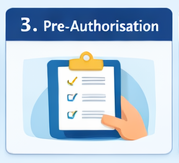
3. Pre-authorization form
The hospital submits diagnosis, treatment plan, and cost estimate to the insurer/TPA.

4. Insurer review and approval
The insurer verifies coverage and accident details, then issues an authorization letter to the hospital. Initial cashless decisions are typically shared within ~1 hour, with final discharge approval in ~3 hours (timelines may vary).
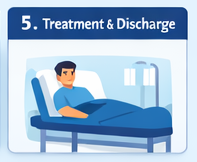
5. Treatment and discharge
The insurer settles eligible bills directly with the hospital. You pay only non-payable items and any amount beyond policy limits/sub-limits/deductibles.

Documents Checklist
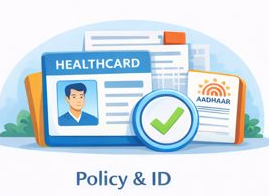
Policy ID
Policy/health e-card; Government photo ID and age proof; KYC as required.

Medical records
Treating doctor’s notes; admission and discharge summary; investigation reports (X-ray/CT/MRI/blood tests); procedure/OT notes; prescriptions.
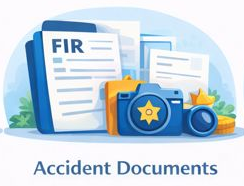
Accident documents
FIR/MLC (as applicable), emergency/ admission notes, accident/incident report.

Financial documents
Itemised hospital and pharmacy bills; payment receipts (if any); implant invoices (if applicable).

Bank details
Cancelled cheque or bank passbook copy for NEFT.

Post-hospitalisation
Bills and reports for post-hospitalisation treatment within the time window defined by your policy (commonly up to 60–90 days).
Note: If the insurer requests additional documents, submit them within the policy timeline (commonly 15–30 days from discharge).
Tips for a smooth, fast approval

Inform early
Notify the insurer within 24 hours for emergencies; 48–72 hours before for planned admissions.

Choose network hospitals
Cashless is typically fastest at network facilities; “Cashless Everywhere” may be available subject to conditions.

Ensure consistency
Accident date, time, place, and sequence must match across FIR/MLC, hospital records, and claim forms.

Know your Policy
Review room-rent limits and proportionate deductions, sub-limits, exclusions (e.g., unlawful acts/intoxication), waiting periods, deductibles, and non-payables.

Keep records organised
Preserve prescriptions, reports, bills, discharge papers, implants/invoice stickers, and payment proofs until claim closure.

Stay reachable
Keep your phone on for any insurer/TPA queries to avoid delays.
How we help—end-to-end claim support
- Hospital coordination: Guidance to nearby network hospitals and assistance at the help desk/TPA.
- Documentation review: Pre-check of papers before submission to minimise queries and delays.
- Continuous follow-up: Liaising with the insurer/TPA until your claim is approved.
Disclaimer
Processes, timelines, and cashless availability may vary by insurer, policy, and hospital, and are subject to applicable laws and IRDAI regulations. Always refer to your specific policy wording and insurer communications for exact terms and requirements.
Protect What Matters Most – Get a Health Quote from the experts
Health insurance is not a wish for illness, but a safeguard for wellness.
It gives you the peace of mind that you are taking care of your health and your finances. When an emergency strikes, you can rely on your health insurance to cover the soaring costs of medical care, without draining your savings.
Frequently Asked Questions (FAQs) – Health Insurance
1. What is Health Insurance?
Health insurance is a type of insurance policy that covers medical expenses incurred due to illness, injury, or other health conditions. It provides financial protection by covering the cost of hospitalization, surgeries, treatments, and sometimes even outpatient consultations.
2. Why do I need Health Insurance?
Health insurance helps in protecting you and your family from the high costs of medical care. It ensures that you have access to quality healthcare without the burden of overwhelming medical bills. With rising healthcare costs, having a health insurance plan is essential for peace of mind.
3. What types of Health Insurance plans are available?
Individual Health Insurance: Covers the medical expenses of an individual.
Family Floater Health Plan: Covers the entire family under a single policy, offering a common sum insured that can be shared between member of the insurance policy.
Critical Illness Insurance: Provides coverage for specific life-threatening diseases.
Top-up Plans: Offers additional coverage over and above an existing policy.
Maternity Insurance: Covers the expenses related to childbirth and related medical treatments.
Senior Citizen Health Insurance: Designed to cover healthcare needs of elde
4. What is the difference between a Co-payment and Deductible?
Co-payment: The fixed percentage of the claim amount that the insured must pay out of pocket at the time of hospitalization. For example, if the co-payment is 10%, the policyholder will pay 10% of the claim, and the insurer pays the remaining 90%.
Deductible: The amount the policyholder must pay before the insurance policy kicks in. For example, if your deductible is ₹10,000, the insurer will only start covering expenses once the deductible amount is paid.
5. What is the waiting period in Health Insurance?
The waiting period is the duration during which certain conditions or treatments are not covered under the health insurance policy. Common waiting periods are:
Initial Waiting Period: Generally, 30 days, during which no claims are covered except in emergencies, such as accidents. Pre-existing Disease Waiting Period: Typically, 2–4 years for coverage of pre-existing conditions.
Maternity Waiting Period: Usually 2–4 years for maternity-related claims.
6. What is a Network Hospital?
A network hospital is a hospital that has a tie-up with your health insurance provider, allowing you to avail of cashless treatment. In these hospitals, you don’t need to pay upfront for treatment; the insurance company directly settles the bills.
7. What is Cashless Treatment?
Cashless treatment refers to the facility where the insured does not have to pay out of pocket at the time of hospitalization. The insurer directly settles the bills with the network hospital. This service is available at hospitals that have a tie-up with your insurer.
8. Is Health Insurance coverage available for pre-existing diseases?
Health insurance policies in India generally have a waiting period for pre-existing diseases, which typically lasts 2–3 years. After the waiting period, pre-existing conditions are covered under the policy.
9. What is the sum insured in Health Insurance?
The sum insured is the maximum amount that the insurance company will pay for your medical expenses under the policy. You can choose the sum insured as per your healthcare needs, keeping in mind factors like age, health conditions, and inflation.
10. Can I get Health Insurance for my parents?
Yes, many insurance providers offer health insurance policies specifically designed for senior citizens. These plans are tailored to meet the needs of elderly individuals, covering age-related health issues and treatments.
11. What is the grace period for renewing a Health Insurance policy?
The grace period is a window of time given to policyholders to renew their health insurance policy after it expires. Typically, the grace period is 15 to 30 days, during which you can renew the policy without losing coverage.
12. How do I decide the best Health Insurance plan for myself?
When selecting a health insurance policy, consider the following factors:
Your age and medical history
Coverage for pre-existing diseases
The network of hospitals and cashless facilities
Additional benefits like maternity, critical illness, and ambulance coverage
Premium amount and claim settlement ratio of the insurer. Waiting periods and exclusions.
13. Can I make a claim for treatment outside India?
Some health insurance policies provide coverage for international medical treatment. However, this feature may come with an additional premium or a separate rider. It’s important to confirm the terms with your insurance provider.
14. Are Health Insurance premiums tax-deductible?
Yes, premiums paid for health insurance policies qualify for tax deductions under Section 80D of the Income Tax Act. You can claim deductions for premiums paid for yourself, your spouse, children, and parents.
15. What are the exclusions in a Health Insurance policy?
Exclusions refer to conditions or treatments not covered by a health insurance policy. Common exclusions include:
Cosmetic surgeries
Treatment for infertility
Self-inflicted injuries
Treatment for substance abuse
Injuries occurring due to participation in hazardous activities.
16. How can I increase my health insurance coverage?
You can increase your health insurance coverage by opting for a Top-up Plan or upgrading your current policy to a higher sum insured. It’s recommended to discuss your options with your insurance agent/advisor to find the best option for you. Send us your queries, and we will get in touch with you shortly.
We recommend choosing health insurance plans with the fewest restrictions and broadest coverage options. This ensures your family receives maximum protection and value when you need it most.
Steps for Hassle free Health claim process
Reimbursement Claim Process
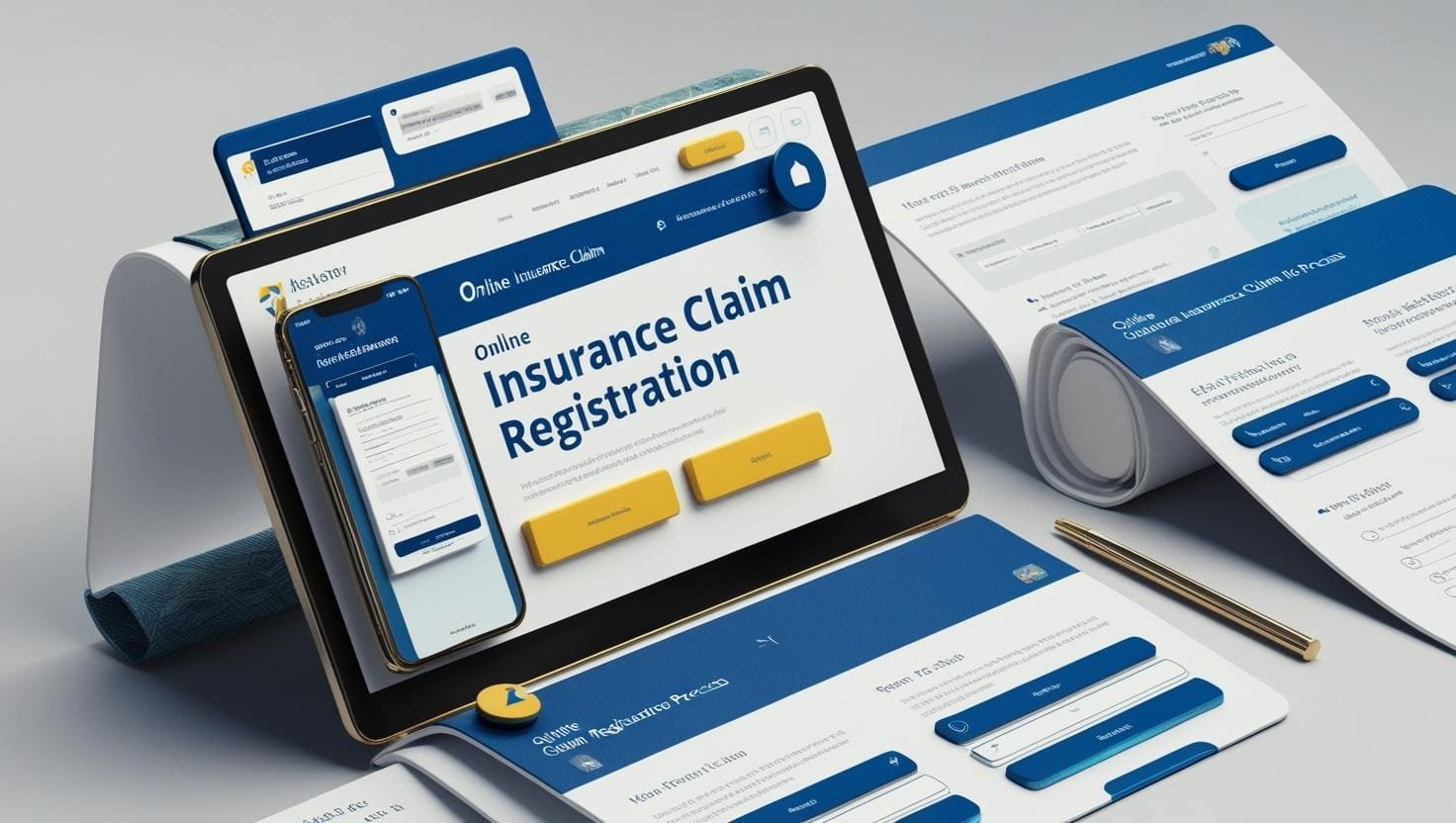
Register claim
For registering a claim, you have multiple options. Get in touch with us, the insurer, or can do it with the Self-help portal, etc. Timely claim registration, without delay, is important.

Fill the Form
Fill the form downloaded from the respective Insurance company. Contact us, and our claim expert will assist you.
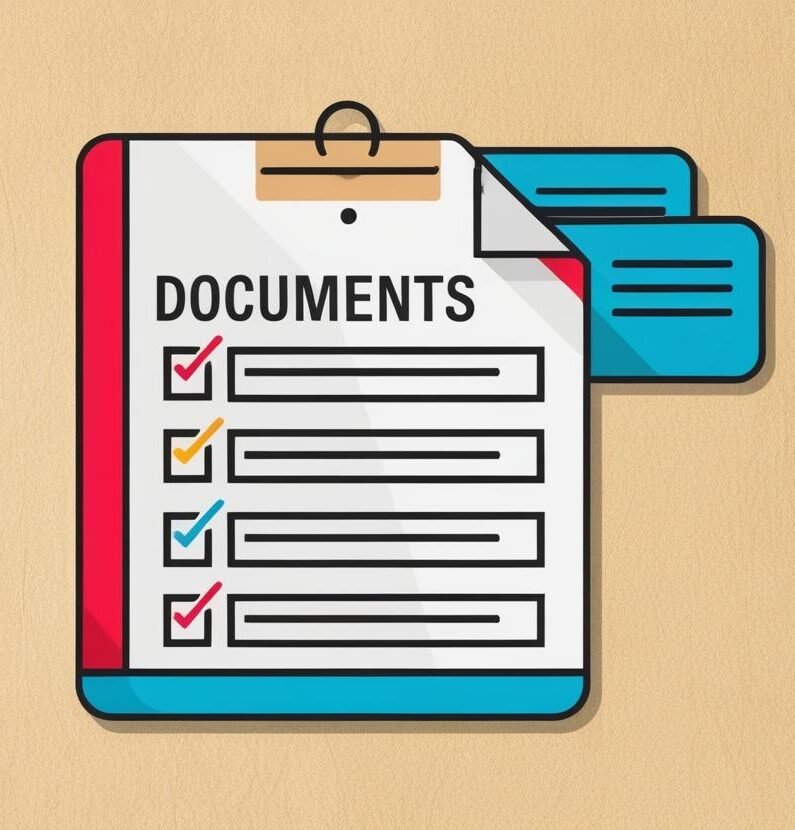
Upload Documents
Scan & upload the following documents received from your hospital and also personalised cancelled cheque on the name of the proposer
- Original Discharge summary
- Original final hospital bill with item wise break-up
- Original paid receipt against the final hospital bill
- For Accidental cases MLC/FIR copy (if applicable)
- Investigation reports (like X-Ray/MRI/CT-Scan etc)
- Attested copy of indoor case papers
- In case of implant surgery, invoice & sticker
- For all claims amounting Rs.1 lakh or above please provide copy of any one of these KYC documents (Aadhaar Card, Passport, Driving Licence Voter ID, etc).
Cashless Claim Process
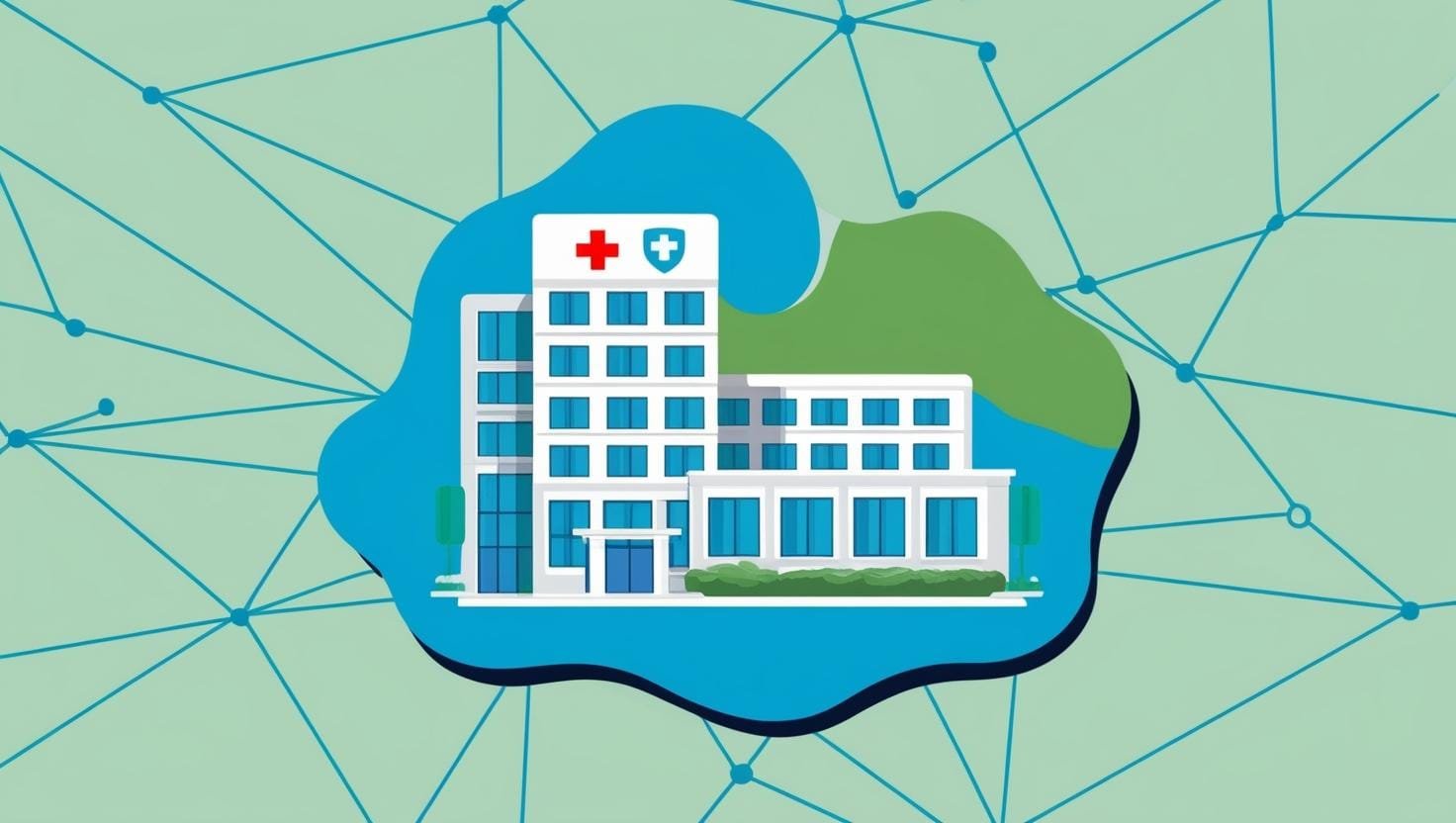
Locate the Hospital
Locate the nearest cashless network hospital, just by clicking the network hospital list on the insurer’s website.
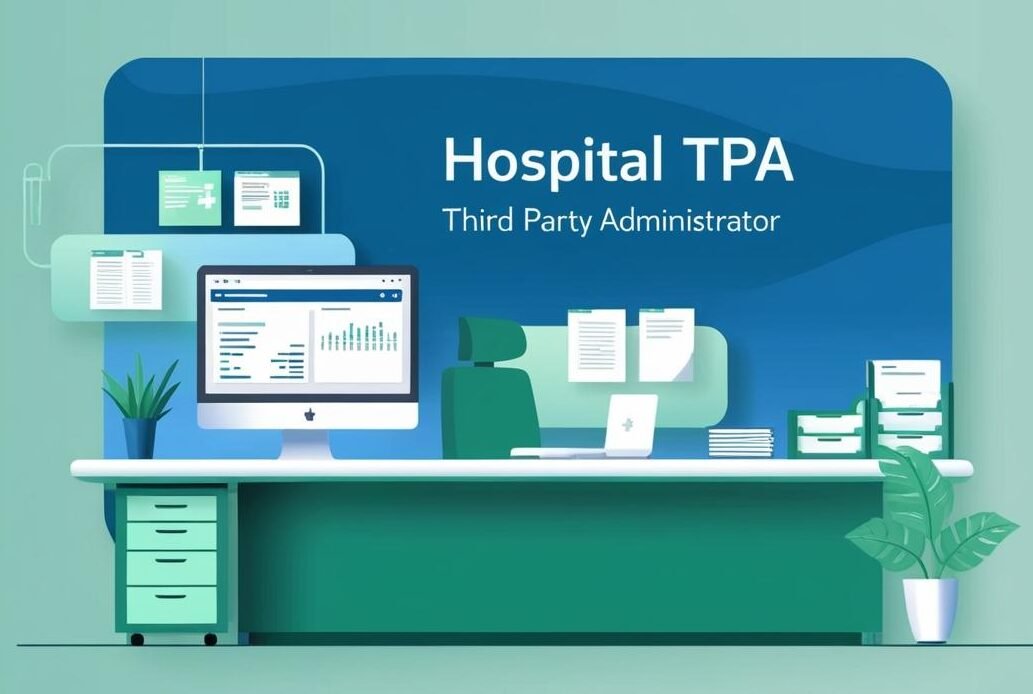
TPA contact Insurance Provider
Contact hospital insurance help-desk or billing counter with a copy of patient’s medical ID card, e-health card, pre-authorization form along with valid Govt. ID proof which are further sent to Insurance provider by the TPA for pre-authorization. The Insurer may contact the hospital for any missing documents. After reviewing based on policy terms and conditions, the insurer decides on pre-authorization.

Post Treatment Details
Post treatment discharge summary and other related documents are submitted by the hospital/TPA to the insurance company for final approval. The insurance company assess the bills on the basis of the sum insured and plan terms & conditions to settle the bill directly with the hospital.
General list of documents for claim process
| List of Documents | Hospitalisation Claim | Pre/Post Hospitalisation Claim | Out Patient Claim |
|---|---|---|---|
| Claim Form | YES | YES | YES |
| KYC Form | YES | NO | YES |
| NEFT Form | YES | NO | YES |
| Cancelled Cheque Copy | YES | YES | YES |
| Government-issued ID proof | YES | YES | YES |
| Discharge summary (with details of complaint & treatment availed) | YES | NO | NO |
| Final hospital bill (with detailed break-up), along with interim bills & payment receipts | YES | YES | YES |
| All investigation reports (blood reports, X-rays,sonography, CT scan, MRI etc) | YES | YES | YES |
| All pharmacy bills supported by doctor's prescription | YES | YES | YES |
| Implant sticker / invoice, if used (eg: lens details in cataract case stent details in angioplasty) | YES | YES | YES |
| In specific cases, a Medico Legal Certificate (MLC) is needed. An FIR copy is required for all accidental cases. | YES | YES | YES |
| In case of miscellaneous charges, we require bills with supporting prescription of the treating doctor. | YES | YES | YES |








